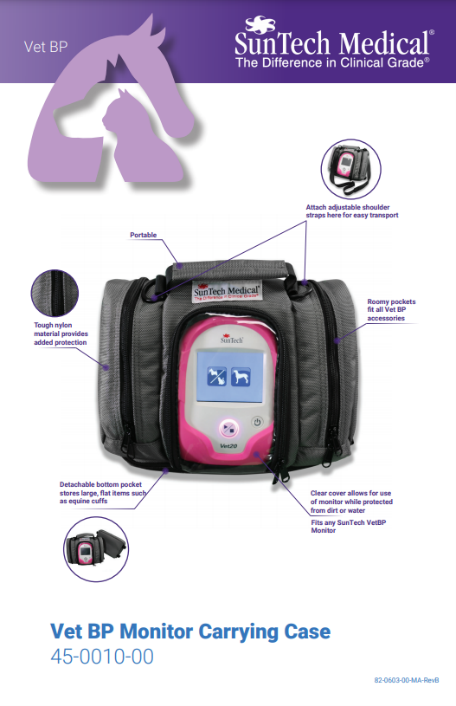![]()
Blog @ SunTech
Advice from the BP Measurement Experts
When Physicians Should Be Present for Stress Testing
When it comes to patient safety in stress labs, opinions run the gamut as to which clinicians actually need to be in the room during a cardiac stress test. Historically, it has been considered best practice to always have a physician present as those being tested are typically thought to be at risk of having some type of potential cardiovascular disease. And let’s face it – wouldn’t you want your doctor in the room in case something went wrong? But in today’s struggling economy, even stress labs are looking for ways to cut costs, and having a non-physician supervise a stress test if the patient is considered lower risk has become common practice.
Recently, the American Heart Association (AHA) sought to clarify this issue by making public their determination of what level of clinical staff is considered essential to ensure appropriate supervision of a patient during actual testing. In a statement published Aug 18, 2014, the AHA states, “high-risk patients require that a physician be physically present (ie, in the room) during exercise testing, and the physician responsible for supervising the test must meet established competency standards.”
Well, no real surprise there! But the AHA also goes on record as to when non-physician clinical staff are an appropriate option.
“Ideally, exercise testing entails a team approach. Non-physician health professionals may administer and even supervise exercise testing independently, but physician involvement is essential with respect to delineation of testing policies/standards, medical safety standards and monitoring, physical proximity in emergent situations, and direct participation for patients at high risk.”
So what do physicians think of the guidance offered in the AHA’s recent statement?
In a comment to Heartwire, writing group chair Dr. Johnathan Meyers of VA Palo Alto Health Care System of California says, "The key take-away is that it's okay to do what we all do anyway!"
Click Here to read the full article from the American Heart Association.
Interested in getting more SunTech news, product info, as well as
tips, tricks, and insights from BP experts?
Sign up to get fresh content delivered direct to your inbox.




